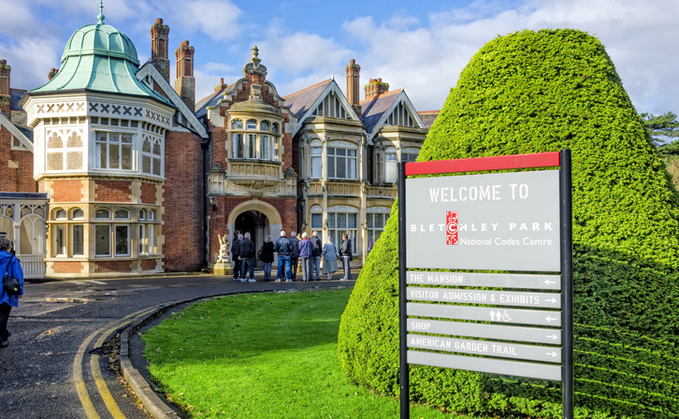Bletchley Declaration: Nations sign agreement for safe and responsible AI advancement
Acknowledges the risks associated with frontier AI

In a historic gathering, leading AI nations have reached an unprecedented agreement on AI safety, marking a pivotal moment in the development of the technology.
Representatives from 28 countries and regions, including the USA, European Union and China, came together to sign the Bletchley Declaration, which emphasises the urgent need to collaboratively manage the potential opportunities and risks associated with frontier AI.
Frontier AI is defined as "highly capable general-purpose AI models that can perform a wide variety of tasks and match or exceed the capabilities present in today's most advanced models."
The Bletchley Declaration acknowledges that substantial risks could arise from the misuse or unintentional control issues associated with the technology, particularly in the fields of cybersecurity, biotechnology and disinformation. The signatories expressed their concern over the potential for "serious, even catastrophic, harm, whether deliberate or unintentional, stemming from the most significant capabilities of these AI models."
The declaration also recognises the broader risks beyond frontier AI, such as bias and privacy concerns. It underscores the need for international cooperation to address these risks effectively.
As part of their commitment to global collaboration on AI safety, South Korea has agreed to co-host a virtual summit on AI within the next six months, while France will host the next in-person summit a year from now.
Politicians and public figures welcome agreement
Prime minister Rishi Sunak hailed the agreement as a "landmark achievement" that underscores the urgency of understanding AI risks.
In a video address from Buckingham Palace, King Charles voiced his concerns about the unintended consequences of AI and urged the sharing of its benefits with all.
The United States was represented by vice president Kamala Harris and secretary of commerce Gina Raimondo.
Harris stressed that AI safety concerns must go beyond existential fears of cyberattacks and bioweapons. She emphasised the importance of addressing the full spectrum of AI risks, including bias, discrimination, and disinformation.
Elon Musk, also present at the conference, took a lukewarm approach. He warned about the potential threats AI poses to humanity, but also said he believes it's too early to regulate the technology.
Musk stressed that AI could be "one of the biggest threats" the world faces, highlighting the challenge of dealing with technology potentially more intelligent than humans.
"For the first time, we have a situation where there's something that is going to be far smarter than the smartest human. So, you know, we're not stronger or faster than other creatures, but we are more intelligent, and here we are, for the first time really in human history, with something that's going to be far more intelligent than us."
Wu Zhaohui, China's vice minister of science and technology, expressed Beijing's willingness to enhance dialogue and communication with other nations on AI safety.
China is developing its own initiative for AI governance, acknowledging the technology's uncertainty, lack of explanation and transparency.
Rashik Parmar, CEO of BCS, The Chartered Institute for IT, said: "The declaration takes a more positive view of the potential of AI to transform our lives than many thought, and that's also important to build public trust.
"I'm also pleased to see a focus on AI issues that are a problem today - particularly disinformation, which could result in 'personalised fake news' during the next election - we believe this is more pressing than speculation about existential risk. The emphasis on global co-operation is vital, to minimise differences in how countries regulate AI.
"After the summit, we would like to see government and employers insisting that everyone working in a high-stakes AI role is a licensed professional and that they and their organisations are held to the highest ethical standards. It's also important that CEOs who make decisions about how AI is used in their organisation are held to account as much as the AI experts; that should mean they are more likely to heed the advice of technologists."

No comments:
Post a Comment